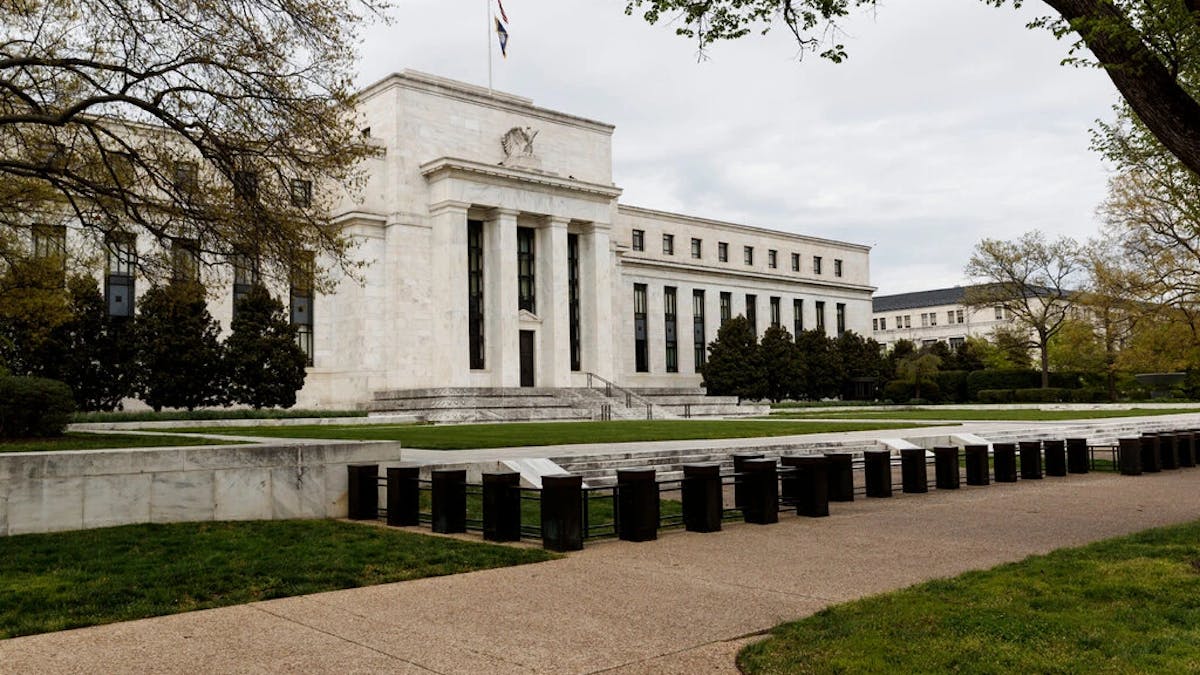A broad coalition of public leaders called on the Federal Reserve to stop buying fossil fuel bonds Thursday, arguing that the purchases imperil the climate and the broader financial system to support a failing industry.
The letter’s sixty-nine signers represent an unusually diverse coalition, including environmental, science, and social-justice nonprofits; religious groups; and private companies. They took up the cause together in part because of the disproportionate threat climate-change poses to marginalized communities.
“As the pandemic continues to exacerbate existing racial inequalities, the Fed should not be boosting the sector responsible for climate change, which will impact communities of color the hardest.” said Ericka Taylor, Popular Education Manager at Take on Wall Street. “The Fed fails in its financial stability responsibilities when it is supporting fossil fuel firms that are both deeply culpable in environmental racism and responsible for the growing climate crisis.”
The Fed has bought nearly $750 million worth of bonds issued by fossil fuel companies, about 8% of its total purchases through July 10, the letter notes, citing a report by InfluenceMap. That gives the industry more weight in the Fed’s portfolio than if the purchases were based on how many people the sector employs, how little debt it carries, or even how the stock market values it, the letter notes.
Saying the Fed’s choices “burden the public and endanger financial stability,” the letter calls on the Board of Governors to use its regulatory powers to help limit climate risk, rather than fueling that risk through its emergency-lending powers.
